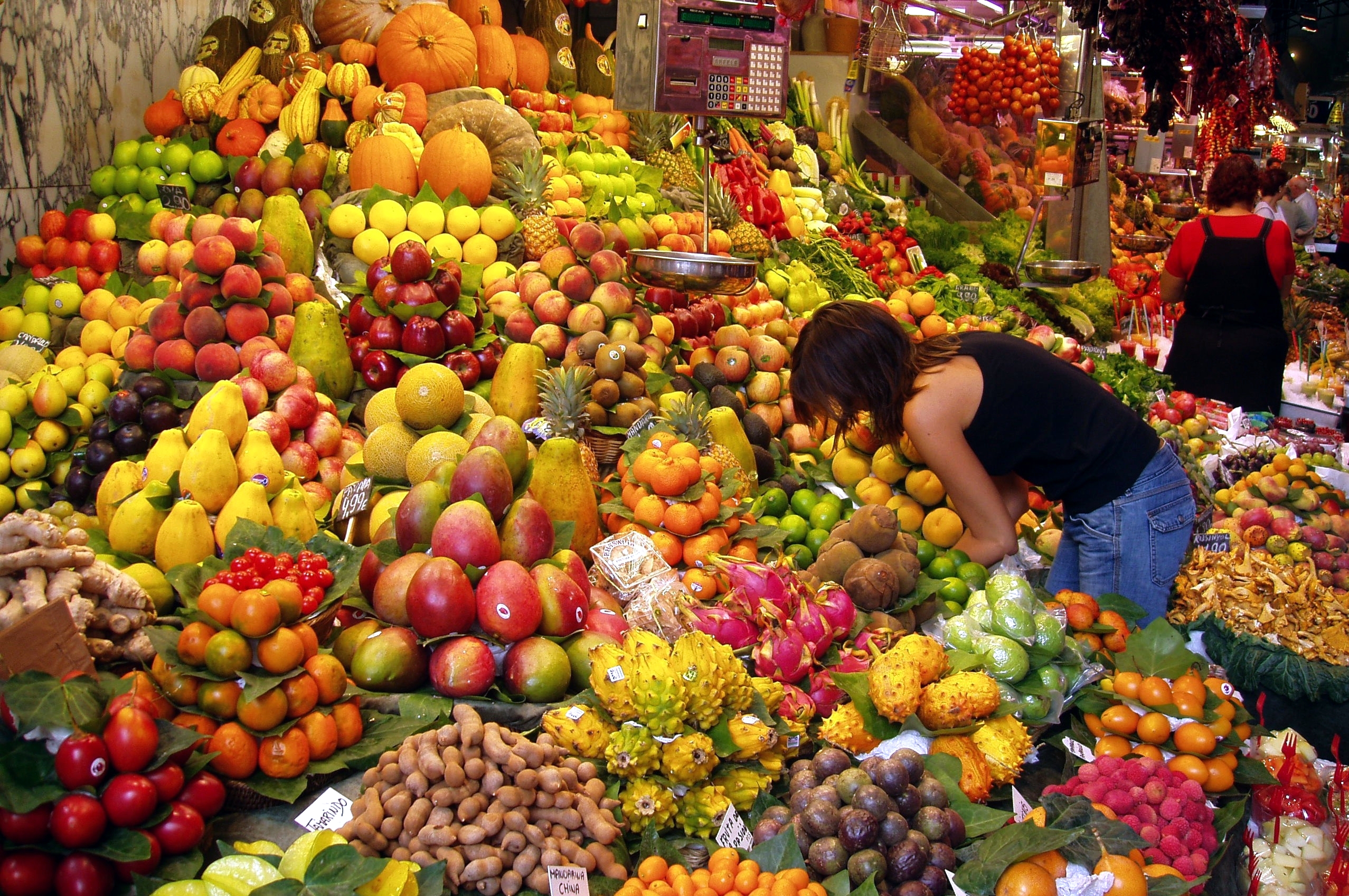
I
began last week with a nasty cold that kept me on the couch most of Monday and
Tuesday. Now, when I get sick I always
find myself wondering what I did or didn’t do to make myself vulnerable. I suppose there really are nasty bugs that
cruise through the population around me from time to time. My daughter got sick a couple of days before
me. But my wife never did, and that’s
enough to make me wonder whether there’s more to it than a random encounter
with a microbe.
A
couple of months ago, I came down with the flu on the first day of summer
vacation. So why did it happen that day and not the day or the week before? Did my immune system hold on and hold on
until I finally made it to vacation, and only when I could afford to, allow me
to collapse? Maybe this week was like
that. Maybe my body was looking at the
calendar and thinking about how intense the schedule will be from Labor Day until
Christmas and decided that now was the time to get in a couple more days on the
couch before the end of summer.
Wednesday
morning I was still coughing and blowing my nose, but I decided to go back to
work. Now, I know without a shadow of a
doubt that I am in the right place, doing work for which I am perfectly suited,
and you can’t ask for more than that. I
love my job, but it can feel from time to time that there’s just too much to do,
especially when physically I’m less than 100%.
So anyway, I arrived at my office and was somewhat dejectedly looking at
the mountain of work on my desk and trying to decide where to start digging,
when I opened an email from one of our members.
And attached to the email was a little excerpt from an article by Katherine
Woodward Thomas, writing in the latest issue of Parabola magazine, and I’d like to quote it for you:
I
find that the moments when we most need to be connected to a force and field of
life greater than ourselves, are the very ones when we are apt to shut down and
withhold prayer. As we often forget to breathe in a time of disappointment and
despair, so too do we forget to pray, as if to say to God, “If you are not going
to play on my terms, then I am just going to take all of my marbles and go home.”
The
holiest moments of our lives are when we make the choice to turn towards life,
rather than away… To say a prayer that aligns us with all that is good, loving,
beautiful and true in the midst of the rubble and the despair, and rather than
ask God to make this better for us, to declare instead who we will be in the
face of it.
It
is in this sacred instant that we awaken to ourselves as the generators of life
and love, and begin to understand prayer as the holy act of co-creation.
I
read this and it prompted me to stop and close the laptop and to pray. And maybe it was because we are in this
season of discernment, and one of the things on my to-do list is to spend some time
pondering my own vocation as a priest and possible Rector of this congregation;
but in any case I found myself remembering a time over four years ago when I
was considering whether to come here to Petaluma in the first place. I was beginning to sense that it was the
right thing, but I was also scared about being in charge of a congregation for
the first time, and about the risks and challenges of this particular
situation. On a warm spring afternoon I
took a long walk to discharge some of the stress, and I was just kind of laying
it all out before God as honestly as I could, and got to the place where I was
ready to say yes--but under one condition.
I
said, “God, I’ll do this, as long as we both know that I can’t do it. If we both understand that this is beyond
what I can do, and it’s going to be up to you to make it work, then I can say
yes.” Last Wednesday morning I remembered
that moment and it occurred to me that one reason I got run down and got sick
was that I had forgotten that I can’t do this job. There is simply no way a single human being
could visit every person, read every book, pray every prayer, attend every
meeting, follow up on every email, accept every invitation, and pursue every
opportunity for ministry that he or she would need to in order to do this job
perfectly. But there are times I forget
that renewing this congregation is Christ’s job, and all I’m really supposed to
do is be the person in the room who trusts that he’s doing it, and it’s going
to be alright. I forget and think it is
up to me, and the responsibility starts to feel like a burden instead of a
privilege, and I begin to worry that things are slipping through the cracks and
that the whole thing might spin out of control, and I forget to pray.
In
the gospel lesson today Jesus meets a woman who is out of his control. He’s left Galilee for a while and gone out to
the coast, to Gentile territory. He’s
there to get out of sight of the authorities, and lay low for a while, so he’s
none too pleased when one of the locals starts following him, shouting “have
mercy on me; heal my daughter.” His
mission isn’t supposed to include these people, and if she keeps this up, she’ll
draw a crowd and pretty soon they’ll all be following him, asking him to heal this
person, and cast demons out of that one.
And when she calls him “Lord, Son of David,” it’s an unpleasant reminder
of what he came there to get away from, what is becoming more apparent by the
day—that the movement that he started back home, to renew the spirit of his
people, and restore their faith in the loving-kindness of their God, isn’t just
religious, it’s political.
So
he ignores her in hopes that she’ll shut up and go away. But she persists in following and shouting,
and when Jesus and his disciples stop to try to figure out what to do she catches
up, and comes and kneels at his feet. He
tries to explain that his mandate does not extend to people like her, and as he
so often does, he uses a metaphor related to eating, “It is not fair,” he says,
“to take the children’s food and throw it to the dogs.” But if she is offended
because Jesus prefers his own people, or if she is insulted at being compared
to a dog, she doesn’t give any sign of it.
In fact, she accepts it, and yet declares who she is in the face of it. She takes what Jesus gives her and makes her
own play on his words— “Yes, Lord, yet even the dogs eat the crumbs that fall
from the master’s table.”
And
in that moment Jesus snaps out of seeing her in terms of her nationality. He stops seeing her as a problem it is not
his job to solve. Suddenly he sees a
person who believes God, in his God,
the same God who can feed five thousand men (and their women and children) with
seven loaves of bread. Surely such
abundant goodness and miraculous love can spare a few crumbs for this little
dog at his feet, and her afflicted daughter.
It seems that in that moment Jesus remembered who was really in charge
of his mission, and however unorthodox, or risky, or inconvenient it might be, it
wasn’t his place to stand in the way of this woman’s prayer. “Let it be done for you as you wish,” he says,
and again he stretches a little more, opens a little wider, to accept the pleas
of another suffering child of God.
“Let
it be done,” because being a generator of life and love doesn’t stop at the
border. “Let it be done” doesn’t concede
anything to fear or hate. It doesn’t
involve strain, or worry about whether it’s working. It’s no more and no less than a prayer— “Let
it be done.”


